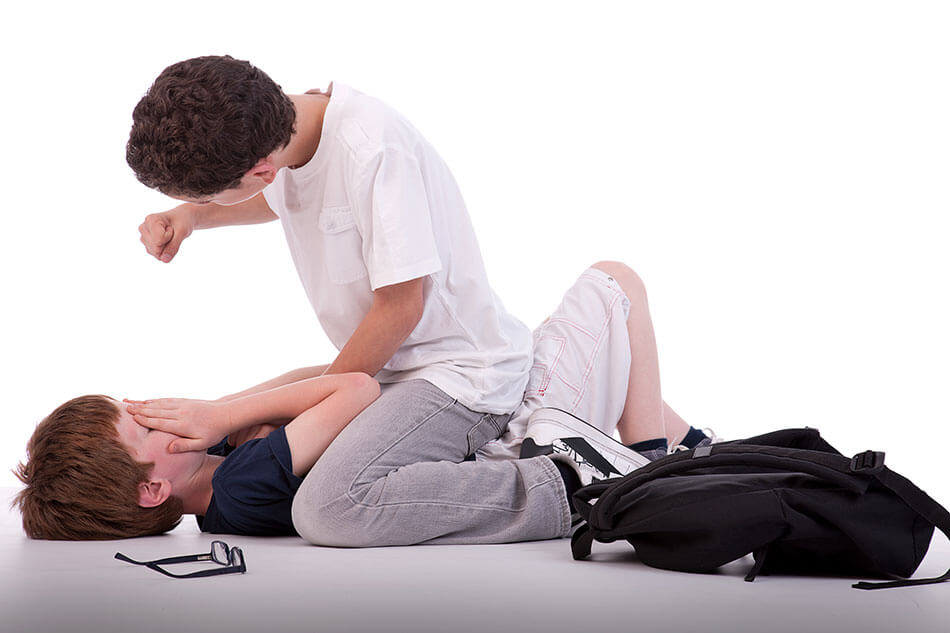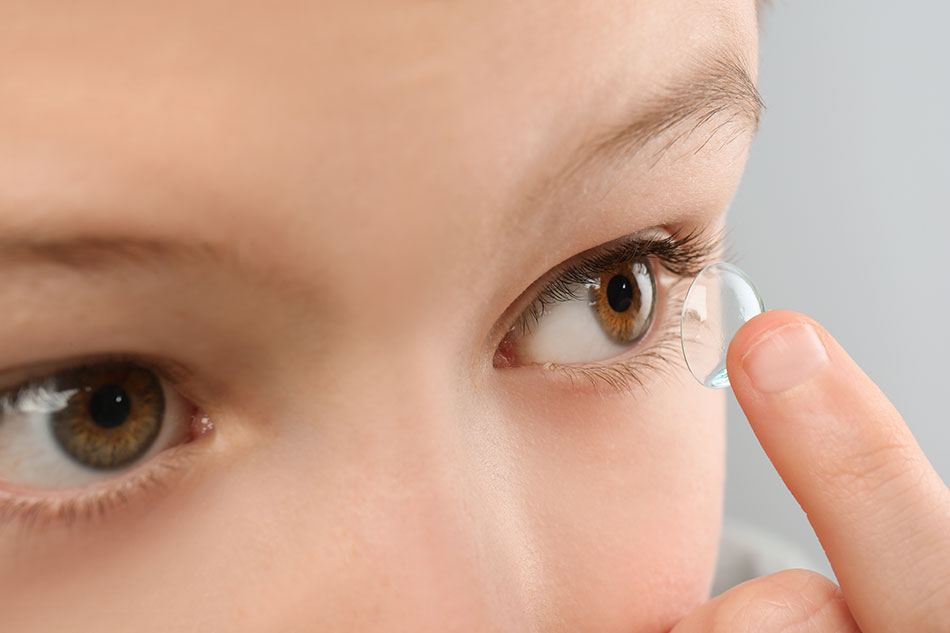Contact Lenses for Children Have a Positive Impact on Self-Perception During Formative Years
Do you have a child that wears glasses? Is your child especially self-conscious about their glasses? Do you want to find a way to help improve your child’s perception of themselves? If so, consider the role contact lenses could play for your children.
Optometry and Vision Science Journal reported on a study in which myopic children’s contact lenses were credited for improved perceptions of physical appearance, athletic competence, and social acceptance.
Here’s the science behind the study and some excellent facts about contact lenses for children.
Glasses and a Negative Self-Image
Everyone has heard the term “four-eyes,” including children. In fact, an analysis of studies over the last twenty years shows that children see a connection with glasses and negative traits. They may even fear bullying if they wear glasses.
Children feel that those who wear glasses are:
- ugly,
- stupid,
- Unfriendly, and have
- behavior problems
Because of these feelings, young children often refuse to wear their glasses or remove their glasses once they are out of sight of their parents. This can lead to school issues when a child isn’t able to see well enough to complete their school work.

Fortunately, there are options. Instead of glasses, consider contact lenses for your child. Here’s why:
Study Shows Improved Self-Perception
The study by Jeffry J Walline et al shows that a child can perceive aspects about themselves more positively if they wear contact lenses. In the study, Walline looked at 484 nearsighted children from the ages of 8 to 11. For three years, half of the children wore glasses and half wore contacts. During this time, Walline looked for changes in the following areas:
- academic performance,
- athletic competence,
- behavioral conduct,
- physical appearance, and
- social acceptance.
The results showed that although academic performance and behavior did not change in either group, wearing contact lenses in children increased their self-perception in terms of appearance, athletics, and social acceptance.

Contact Lenses and Children
Some parents may assume that contacts are not an option for children. However, many doctors feel that allowing a child to get used to contacts as soon as they need corrective lenses makes sense.
One myth that persists is the belief that eyes must stop changing before using contacts. However, eye stability is not necessary. Doctors change contact lenses in children all the time.
To prove this point, another study by Jeffrey Walline showed that ninety percent of children who wear contacts have no problems. Their eyes remain healthy and the children have no issues putting their contacts in, nor taking them out. In fact, Walline showed that even though parents had concerns about their children’s ability to handle contacts, the children felt comfortable with the process. Within a short period of time, each child stopped relying on their parents to handle their contact lenses.

As a parent, you may have to work with your optometrist to help them see the advantages of contact lenses for your child. Some optometrists recommend waiting to use contacts until puberty. Although there is no medical or health reason, these doctors may feel that younger children won’t handle the responsibility well. However, parents will know best whether or not their child will manage the responsibility
Criteria for Contact Lenses in Children
To make your decision about glasses or contact lenses for your child, rely on your optometrist’s expertise, your child’s viewpoint, and your own parental knowledge. Look at the following criteria to help you determine when your child should begin wearing contact lenses.
- Aid to correct vision is needed all day.
- Child asks to wear contacts.
- Child does not like to wear their glasses, or refuses to wear their glasses.
- Parents feel their child is ready to wear contacts.
- Child is responsible.
- Child demonstrates the ability to handle and maintain contacts within a few days of the initial contact fitting.
Eye doctors find that children adjust to contacts more quickly if a parent also wears contact lenses. In this way, parents provide an example of good contact lens care and handling. They also provide supervision and can answer questions easily.
Best Contact Lenses for Children
There are many different brands and types of contact lenses available for children. However, daily disposable contact lenses are often the best fit. Here is why:
- No cleaning.
- Eliminates the need to disinfect.
- New contact lenses each morning.
- Better compliance.
- Ability to remove and apply contact lenses quickly.
- More comfortable.
- Better correction than glasses.
In general, children typically prefer daily disposable lenses. Because they are a one-time use contact, and they eliminate the worry about loss or damage. These contacts are also perfect for children playing sports.
Daily Disposable Contacts Help Maintain Healthy Eyes
In addition to comfort, daily disposable contact lenses contribute to good eye health. Extended-wear contacts require cleaning and disinfecting. If a child does not clean extended wear contacts correctly, they become cloudy due to substances found naturally in the eye. With a buildup of proteins, lipids, and calcium on the contact lenses, the eyes can become more prone to infection.

That’s why many doctors recommend disposable contact lenses for children. Because cleaning is unnecessary, it’s simple to practice good eye hygiene.
If your child wears glasses, consider helping them wear contact lenses. This can have a positive effect on their self-perception in terms of their appearance, physical abilities and social acceptance. Contact lenses in children not only increase their self-esteem, And with daily contact lenses, it’ll be easy for them to maintain their good eye health.
